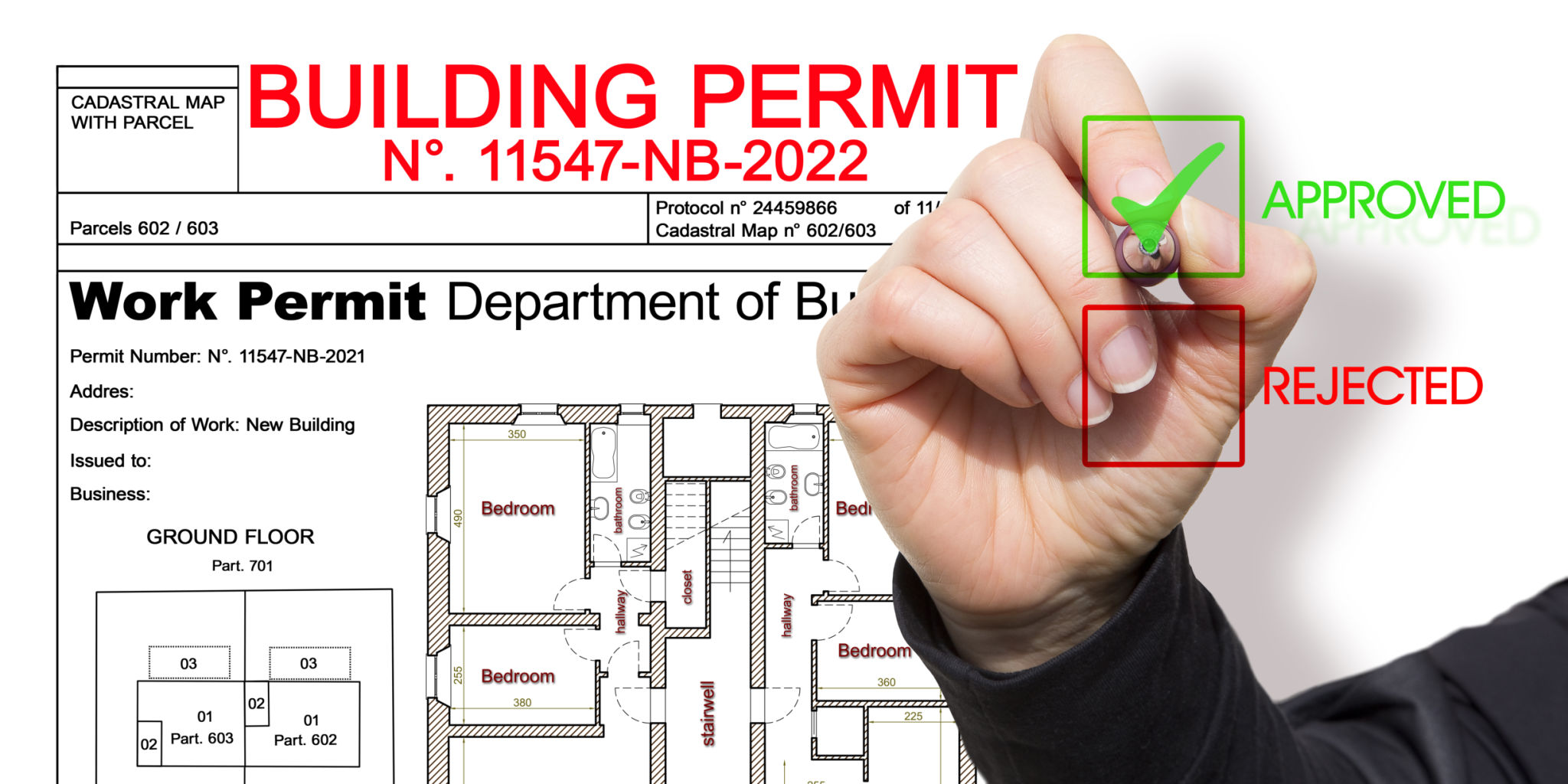Understanding Local Property Regulations in Greater London
Introduction to Local Property Regulations
Understanding local property regulations in Greater London is crucial for anyone looking to buy, rent, or develop property in the area. These regulations are designed to ensure that developments are safe, sustainable, and in harmony with the city's unique character. Whether you're a prospective homeowner or an investor, familiarizing yourself with these rules can save you time and money.
Local property laws can be complex, influenced by a combination of national legislation and local authority guidelines. They cover various aspects, including planning permissions, building regulations, and environmental considerations. In this blog post, we will explore some of the key regulations you need to know.

Planning Permissions
One of the first steps in any property development process in Greater London is obtaining planning permission. This is a legal requirement for most new buildings, extensions, or significant changes to existing structures. The local planning authority (LPA) is responsible for granting these permissions, and their decision will be based on several factors, such as the impact on the surrounding area and adherence to local development plans.
It's important to note that certain minor works, known as "permitted development," may not require full planning permission. However, it's always best to check with the LPA to ensure compliance. In some cases, specific areas might have additional restrictions known as Article 4 Directions, which limit permitted development rights.

Building Regulations
Once you have planning permission, you must also comply with building regulations. These standards ensure that buildings are safe, energy-efficient, and accessible. Building regulations cover various aspects, including structural integrity, fire safety, and ventilation.
Building regulation approval is separate from planning permission and typically involves submitting detailed plans and undergoing inspections at various stages of construction. Non-compliance can lead to severe penalties, including demolition orders, so it's essential to engage with qualified professionals throughout the process.

Environmental Considerations
In Greater London, environmental considerations are increasingly significant in local property regulations. The city aims to reduce its carbon footprint and promote sustainable development. Thus, new developments must often include energy-efficient designs, sustainable materials, and waste reduction strategies.
Furthermore, properties in certain areas may be subject to additional environmental assessments if they are near protected sites or within flood-prone zones. The London Plan, a strategic document outlining the city's development vision, provides guidance on meeting these environmental requirements.
Legal and Financial Implications
Understanding the legal and financial implications of property regulations is crucial. Failing to adhere to local rules can lead to fines, legal disputes, or even the loss of property rights. Engaging a solicitor experienced in property law can help navigate these complex waters and ensure compliance.
Additionally, financial considerations such as taxes and levies may apply to property transactions in Greater London. The Community Infrastructure Levy (CIL) is one such charge, imposed on new developments to fund local infrastructure improvements.

Conclusion
Navigating local property regulations in Greater London can be challenging but is essential for anyone involved in property transactions or developments. By understanding the requirements for planning permissions, building regulations, and environmental considerations, you can ensure that your project proceeds smoothly.
Remember that it's always advisable to consult with professionals who are familiar with the local landscape. Their expertise can help you avoid costly mistakes and ensure that your property endeavors are successful.
